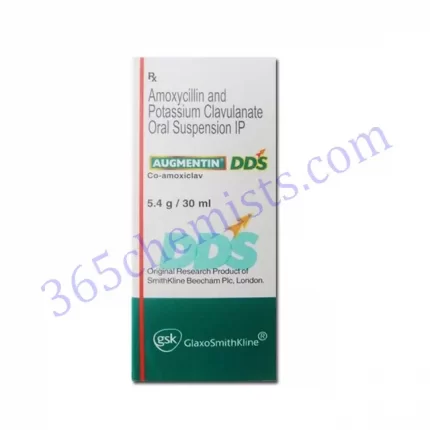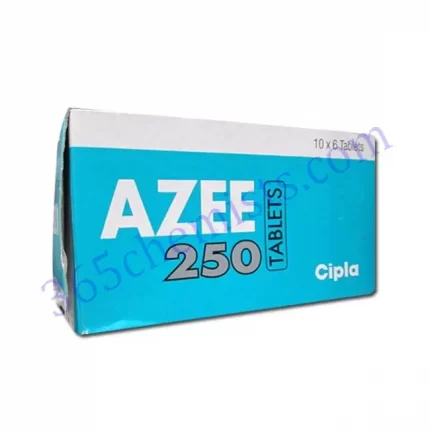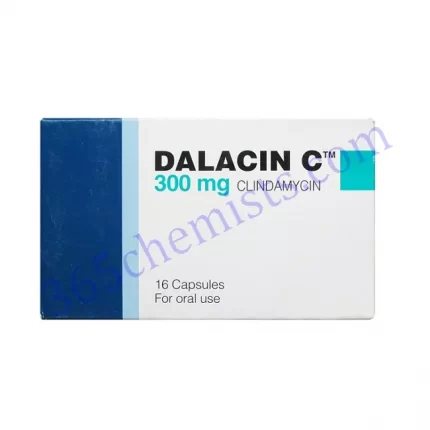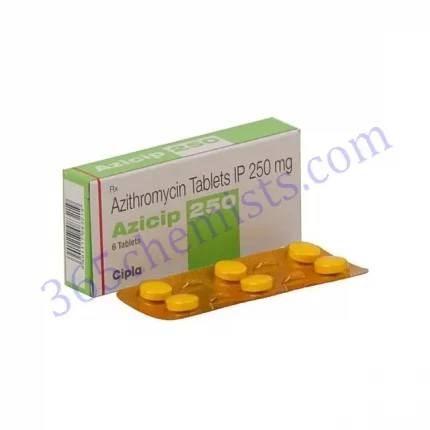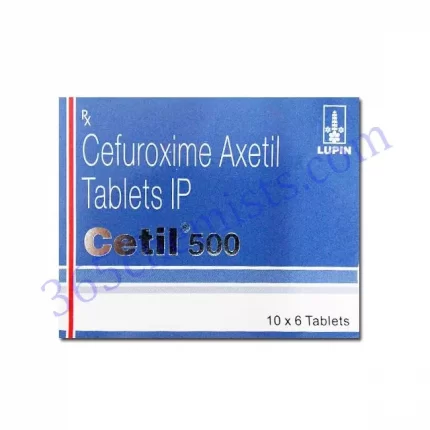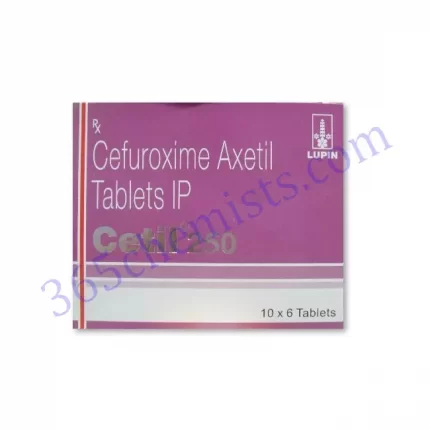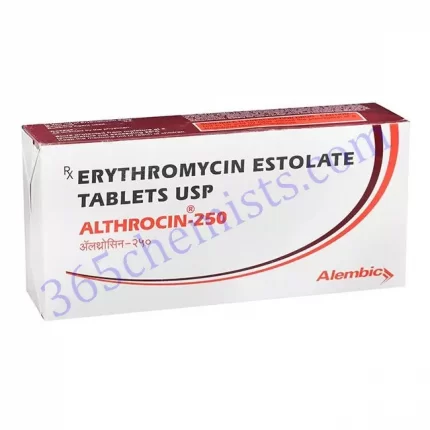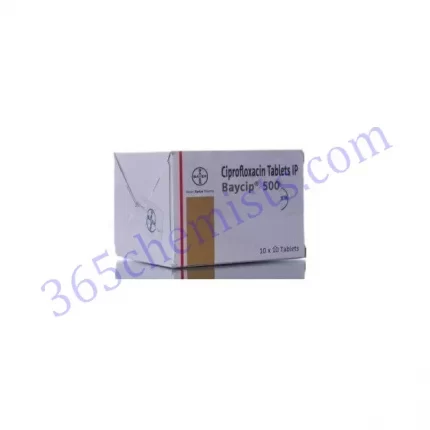What is Azithromycin?
Antibiotic medication like the Azee 1000mg Tablet, which uses azithromycin as its active ingredient to treat a wide variety of bacterial infections, is considered to be very powerful. This antibiotic is a member of the macrolide class and is commonly prescribed by medical professionals due to its efficiency as well as its low risk of side effects.The active ingredient in Azee 1000mg Tablet, azithromycin, is a broad-spectrum antibiotic that prevents the growth of bacteria by interfering with the process of protein synthesis in bacteria. It is able to accomplish this goal by binding to the 50S ribosomal subunit of the bacterial ribosome, thereby preventing the formation of new proteins that are essential for the survival and replication of bacteria. It has been demonstrated that azithromycin is an effective treatment for a variety of infections caused by susceptible bacteria. These include infections of the respiratory tract, infections of the skin and soft tissues, sexually transmitted diseases, and other infections.
Indications and Usage
Acute bacterial exacerbations of chronic obstructive pulmonary disease (COPD), community-acquired pneumonia, and acute bacterial sinusitis are just some of the respiratory tract infections that the Azee 1000mg Tablet is commonly used to treat. Infections of the skin and soft tissues, such as cellulitis, impetigo, and erysipelas, can also be treated successfully with this medication. In addition, the Azee 1000mg Tablet is recommended for the treatment of sexually transmitted infections such as gonorrhoea and urethritis that is not caused by gonococcus.
Related Product
Azee DT 100mg Tablet
Azee 1000Mg Tablet
Azee 250Mg Tablet
Azee 500Mg Tablet
Dosage and Administration
It is possible for the dosage of Azee 1000mg Tablet that is recommended to change depending on the severity of the infection, the patient’s age and weight, and the judgement of the healthcare professional who is prescribing the medication. For the purpose of eradicating the infection and avoiding the development of antibiotic resistance, it is essential to take the medication in the exact quantity that was prescribed to you and to finish the entire course of treatment. Oral administration, once a day, with or without food, is the recommended way to take one Azee 1000mg Tablet.
Contraindications and Precautions
Even though the Azee 1000mg Tablet is generally well tolerated, there are a few things that you should be aware of in terms of warnings and precautions. People who have previously shown an extreme sensitivity to azithromycin or any other macrolide antibiotic should not take this medication. It is essential to inform the healthcare professional who is prescribing the medication about any pre-existing medical conditions, such as liver or kidney disease, heart rhythm disorders, myasthenia gravis, or a history of prolonged QT interval, as these may affect the suitability of the medication and the dosage that should be taken of Azee 1000mg Tablet.
Side Effects
Azee 1000mg Tablet, like any other medication, has the potential to cause adverse effects in some people. The symptoms of nausea, vomiting, diarrhoea, and abdominal pain are the ones that patients report experiencing as their primary gastrointestinal side effects the most frequently. In most cases, these adverse effects are mild, and they go away on their own. On the other hand, it is prudent to seek medical attention if they continue or if they become severe. Allergic reactions, liver dysfunction, and a prolonged QT interval are examples of the rare but serious adverse effects that can be caused by taking the Azee 1000mg Tablet, but these events are uncommon.
Drug Interactions
There is a possibility that the Azee 1000mg Tablet will interact negatively with one or more of your medications, which could result in decreased effectiveness or even harmful side effects. It is extremely important for the patient to disclose to the healthcare professional who is writing the prescription any and all other medications, including over-the-counter drugs, supplements, and herbal remedies, that they are currently taking. A number of pharmaceuticals, including warfarin, digoxin, antacids containing aluminium or magnesium, and specific antiepileptic drugs, are known to interact negatively with the antibiotic azithromycin. In order to avoid any adverse drug interactions, it is possible that careful monitoring and dosing adjustments will be required.
Conclusion
Antibiotic medication like the Azee 1000mg Tablet, which uses azithromycin as its active component, is known for its high level of efficacy and widespread application in the treatment of a wide variety of bacterial infections. Azee 1000mg Tablet continues to be a trusted choice for healthcare professionals in the management of respiratory tract infections, skin and soft tissue infections, and sexually transmitted diseases due to its broad-spectrum activity, convenient dosage regimen, and favourable safety profile. For the best possible outcomes, it is essential to take this medication exactly as prescribed and to see the full treatment through to its conclusion. If you have any questions or concerns, as well as if you experience any unwanted side effects while taking Azee 1000mg Tablet, it is highly recommended that you seek the advice of a qualified medical professional.



